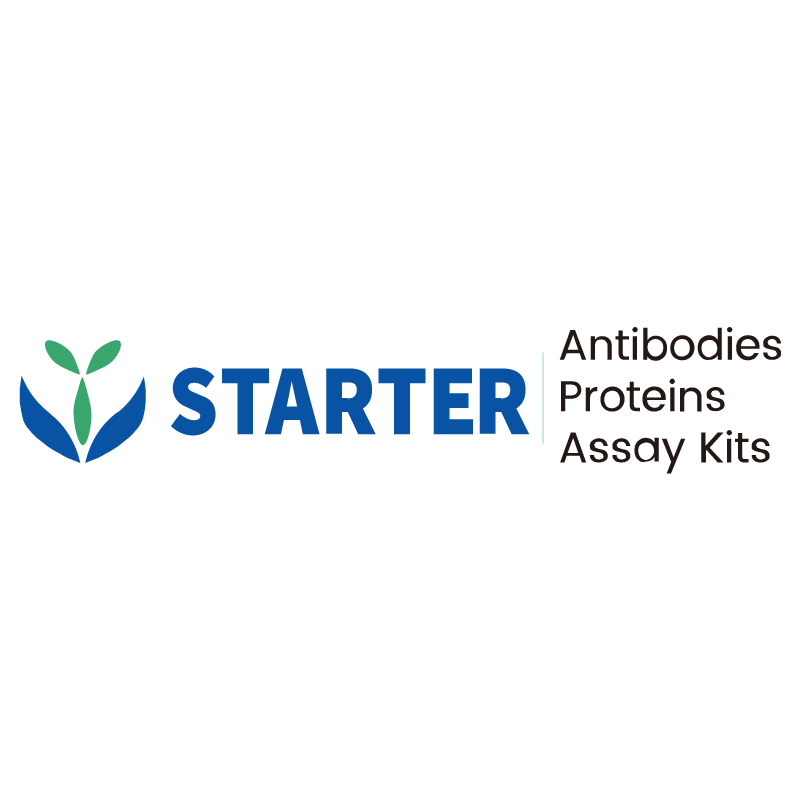Flow cytometric analysis of Human PBMC (human peripheral blood mononuclear cells) labelling TCR α/β antibody at 1/200 (1 μg) dilution/ (Right panel) compared with a Mouse IgG Isotype Control / (Left panel). Goat Anti-Mouse IgG DyLight™ 488 was used as the secondary antibody. Then cells were stained with CD19 - Brilliant Violet 421™ Antibody separately.
Product Details
Product Details
Product Specification
| Host | Mouse |
| Antigen | TCR α/β |
| Synonyms | α/β TCR; TCR α/β |
| Location | Cell membrane |
| Accession | P01848、 P01850 |
| Clone Number | S-R686 |
| Antibody Type | Mouse mAb |
| Application | FCM |
| Reactivity | Hu |
| Positive Sample | Human PBMC |
| Concentration | 2 mg/ml |
| Conjugation | Unconjugated |
| Physical Appearance | Liquid |
| Storage Buffer | PBS pH7.4 |
| Stability & Storage | 12 months from date of receipt / reconstitution, 2 to 8 °C as supplied. |
Dilution
| application | dilution | species |
| FCM | 1:200 | Hu |
Background
The T cell receptor (TCR) α and β proteins are essential components of the αβ T cell receptor, a heterodimeric surface protein expressed on T lymphocytes that recognizes antigenic peptides presented by major histocompatibility complex (MHC) molecules. The TCR α chain is encoded by the TRAC (T cell receptor alpha constant) and TRAV (T cell receptor alpha variable) genes, while the TCR β chain is encoded by the TRBC (T cell receptor beta constant) and TRBV (T cell receptor beta variable) genes, along with diversity (TRBD) and joining (TRBJ) segments, enabling extensive combinatorial diversity. Structurally, both chains consist of a variable (V) domain responsible for antigen recognition and a constant (C) domain that anchors the receptor to the cell membrane. The TCR αβ heterodimer associates with the CD3 complex (CD3γε, CD3δε, and CD247 ζζ) to form a functional TCR-CD3 signaling unit, which transmits activation signals upon peptide-MHC engagement. TCR β undergoes V(D)J recombination during thymic development, contributing to the receptor's antigen specificity, whereas TCR α lacks a D segment but still undergoes recombination for diversity. Mutations or dysregulation in TCR α/β genes can lead to immune disorders, including T cell malignancies and autoimmune diseases. TCR αβ T cells are critical for adaptive immunity, mediating responses against infections, tumors, and self-antigens in autoimmune conditions.
Picture
Picture
FC


